Families and campaigners fear people with learning disabilities are dying due to a lack of NHS training and staff shortages, as ITV News Investigations Editor Daniel Hewitt reports.
The family of a disabled man who died after not being given any food for 9 days whilst being treated in an NHS hospital has told ITV News, “we thought he was having nutrition… but as it turns out, they were starving him.”
This comes as an ITV News investigation has revealed a crisis in the care of learning disabled and autistic people. Bereaved families of people with learning disabilities have told ITV News they believe their children died due to failures in NHS learning disability care.
“They were starving him”
Adrian Poulton, 56, had Down’s Syndrome and was admitted to Poole Hospital in September 2021 with a broken hip after a fall at his care home.
His hip was on the mend, but he was incorrectly listed as ‘nil by mouth’ by doctors during his time in hospital and was fed nothing for nine days.
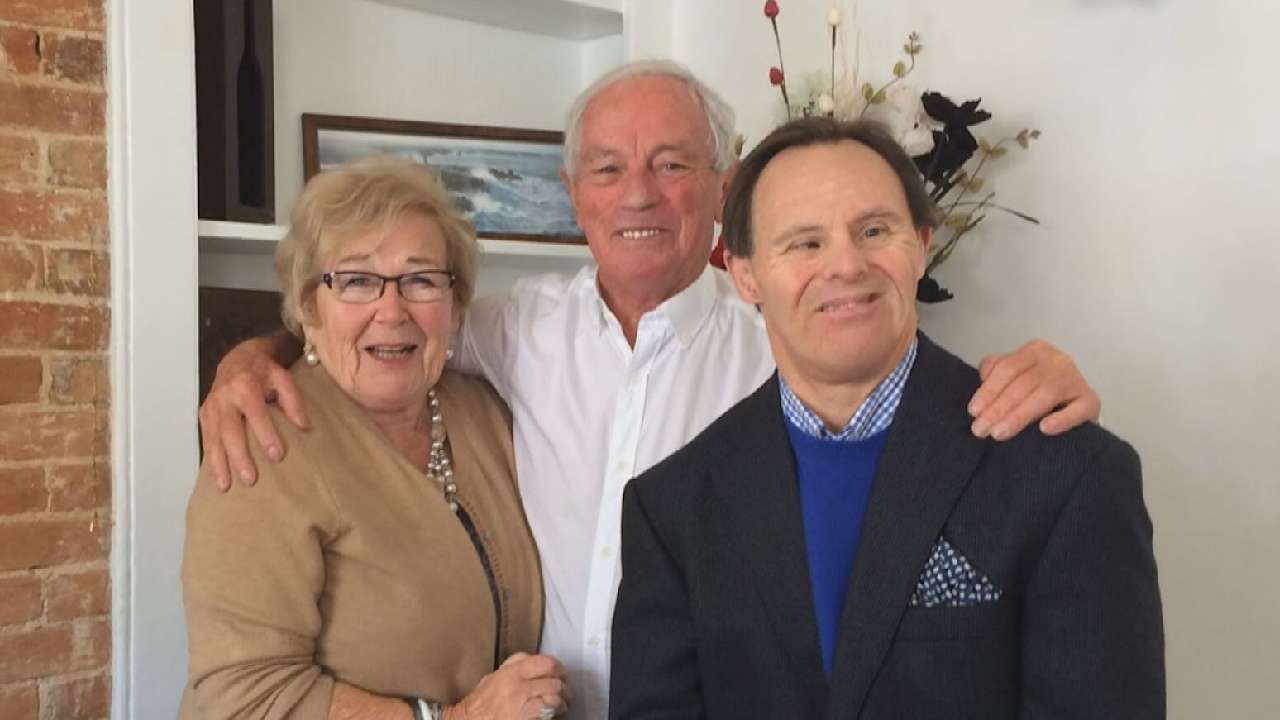
His father, Derek Poulton, told ITV News: “Not being medical, we just naturally thought he was having nutrition, a feed.
“But as it turns out, they were starving him.”
Lesley Bungay, Adrian’s sister, said: “We were just so worried.
“He was really poorly. He did look at me and dad… he said to me, Lesley, I don’t want to die.”
“He knew he was going to die. It was just awful.”
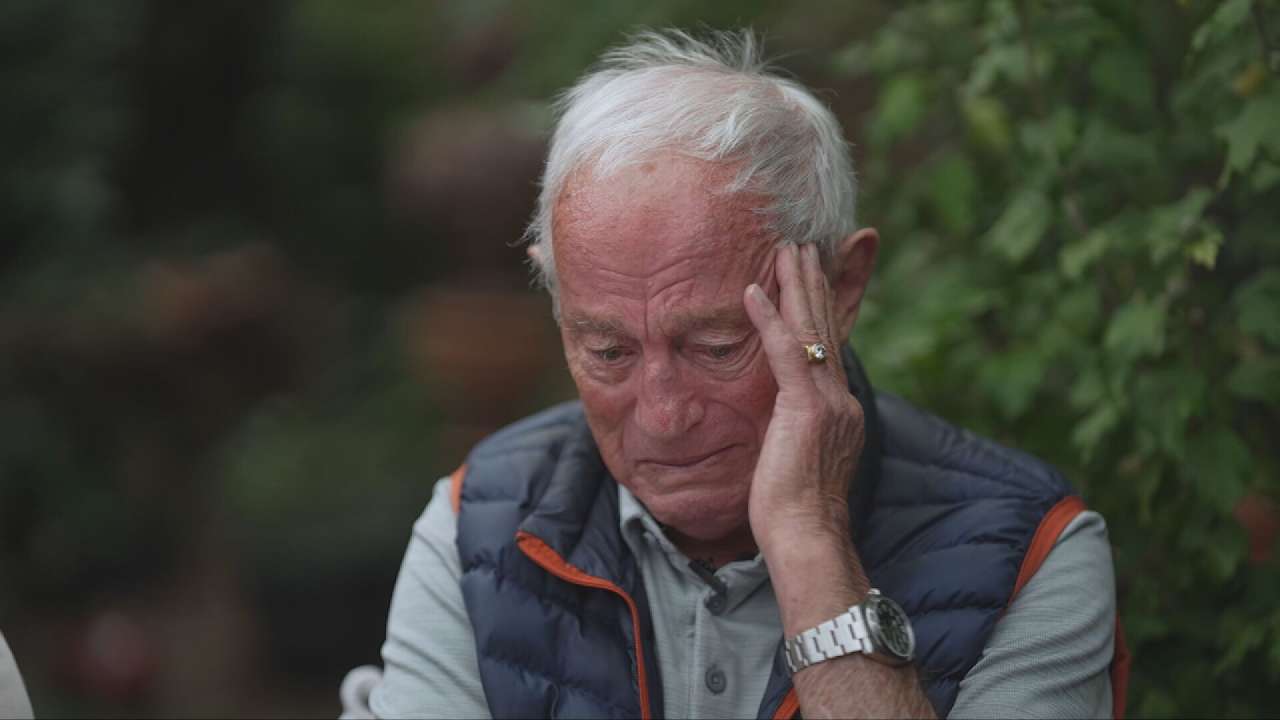
By the time Adrian’s family realised he wasn’t being fed, he was too unwell to recover. He died on September 28 2021, two weeks after being admitted to hospital.
The official hospital report into Adrian’s death found that a lack of nutrition contributed to his death, and recommended education across the Trust on learning disability specialist care.
In a statement to ITV News, Dr Peter Wilson, Chief Medical Officer at University Hospitals Dorset, said:
“We offer our sincere condolences once again to [Adrian’s] family and have apologised for the failings that resulted in his death. At the time, we undertook a serious incident investigation to identify any learning points. We have implemented a number of changes following this and have shared these with the family.”
In September, a government-ordered report found people with a learning disability are dying on average 20 years younger than the general population, and that almost 40% of deaths of learning disabled people were deemed to be avoidable.
Families and campaigners have also raised concerns over the sharp decline in specialist learning disability nurses, and training for NHS staff on learning disabilities and autism.
ITV News has seen a letter 16 charities and disability campaigners plan to send to the Health Secretary Wes Streeting, urging him to intervene to halt the sharp decline in specialist nurses.
“The Learning Disability nursing workforce has declined by 43% since records began in 2009,” the letter reads.
“If nothing changes, it is predicted by 2028 there will only be a tiny number of Learning Disability Nurses qualifying in England, with a pattern of reducing numbers in the other UK countries too.”
“The profession is in crisis, and urgent intervention is needed to avoid imminent collapse,” the letter says.
Jon Sparkes, chief executive of Mencap, the learning disability charity that is sending the letter to the Health Secretary, said: “Health bosses need to act now – recommit to the workforce plan, fund training, and stop this crisis before it’s too late.”
The coalition is calling for an urgent meeting with ministers to agree on a rescue plan for the profession.
ITV News has also learned that NHS England has failed to meet its own targets to provide mandatory learning disability and autism training. Oliver McGowan Mandatory Training is the government’s gold standard programme for health and social care staff in England.
It was established in 2022 to “save lives by ensuring the health and social care workforce have the right skills and knowledge to provide safe, compassionate and informed care”.
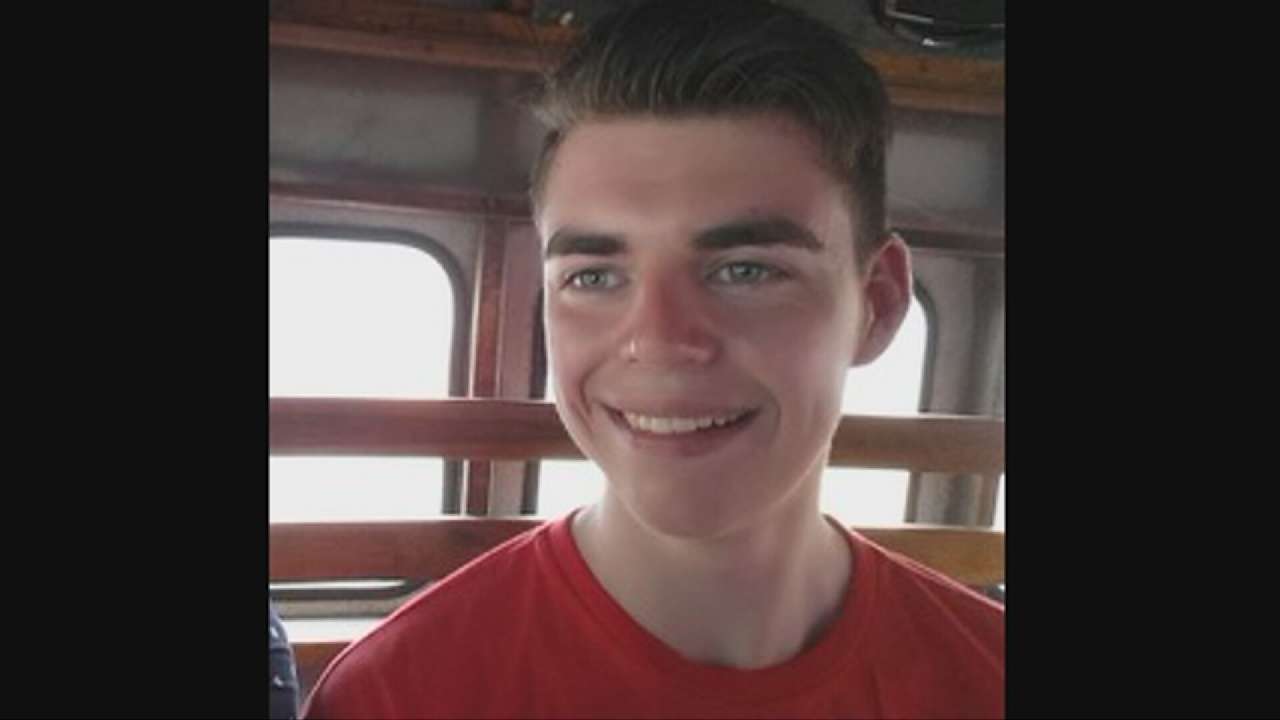
The training programme is named after 18-year-old Oliver McGowan, who was autistic and had epilepsy and died in an NHS hospital after being prescribed an anti-psychotic drug which he never should have been given.
He had a known intolerance to the medication, which was clearly marked on his record. A review found a “general lack of understanding and acknowledgement of Oliver’s autism” by hospital staff and that his death was potentially avoidable.
Integrated Care Boards, responsible for planning and commissioning NHS services across England, were ordered and funded to ensure 30% of NHS staff were trained by 2025. ITV News has learned that all regions in England, except one, have failed to meet this target. Some areas are as low as 3%.
Paula McGowan, Oliver’s mum, who campaigned for Oliver’s training and also signed the letter to the health secretary, has told ITV News:
“Certain areas in the UK have not rolled out the training… and that is so disheartening.
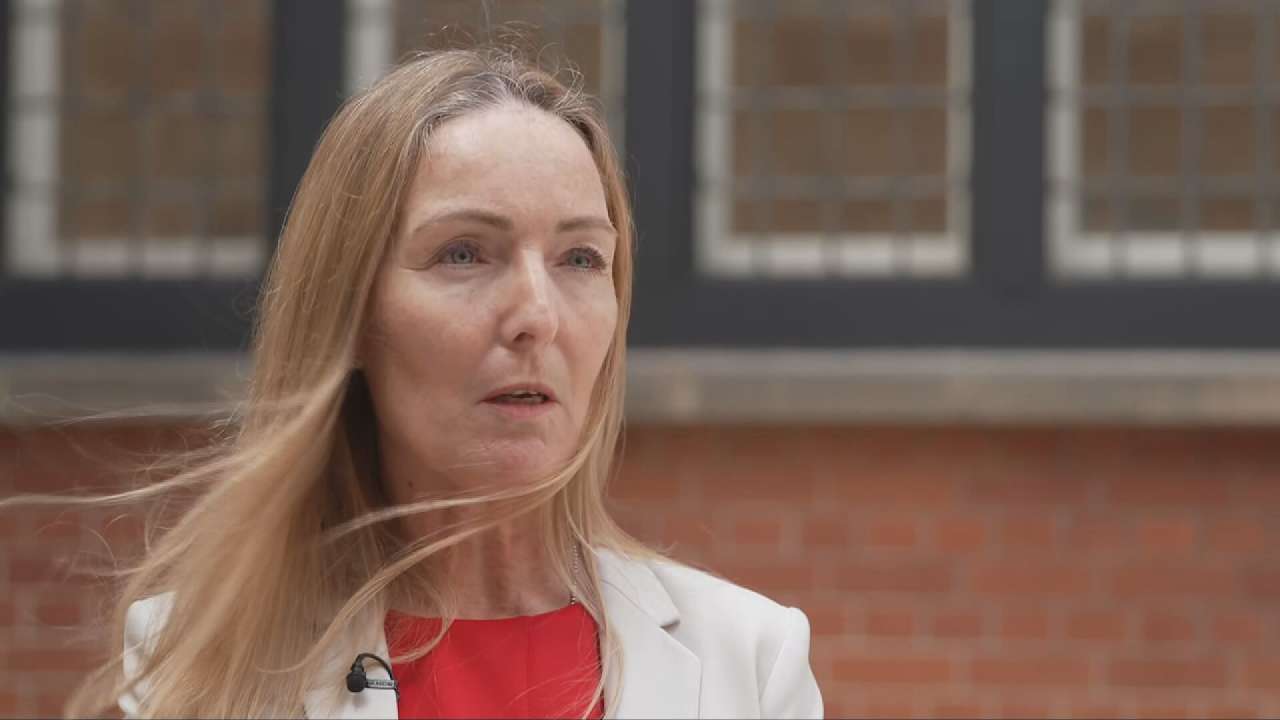
“People with a learning disability are still dying from the same conditions and the same failures.
“The government needs to do an awful lot more. These people matter. And I would question why our government don’t see it the same way.”
“It’s a constant battle, battle, battle, battle”
On January 23 2023, the usually fit and healthy 17-year-old Louis Cartwright became unwell. His school teachers noticed he was paler than usual and had vomited, so they alerted his mum, Jackie.
Two days later, Louis was still unwell. His parents took him to their local hospital, where he was seen by a consultant in the emergency department. Louis had Down’s Syndrome and autism, and he was too anxious to have his blood taken.
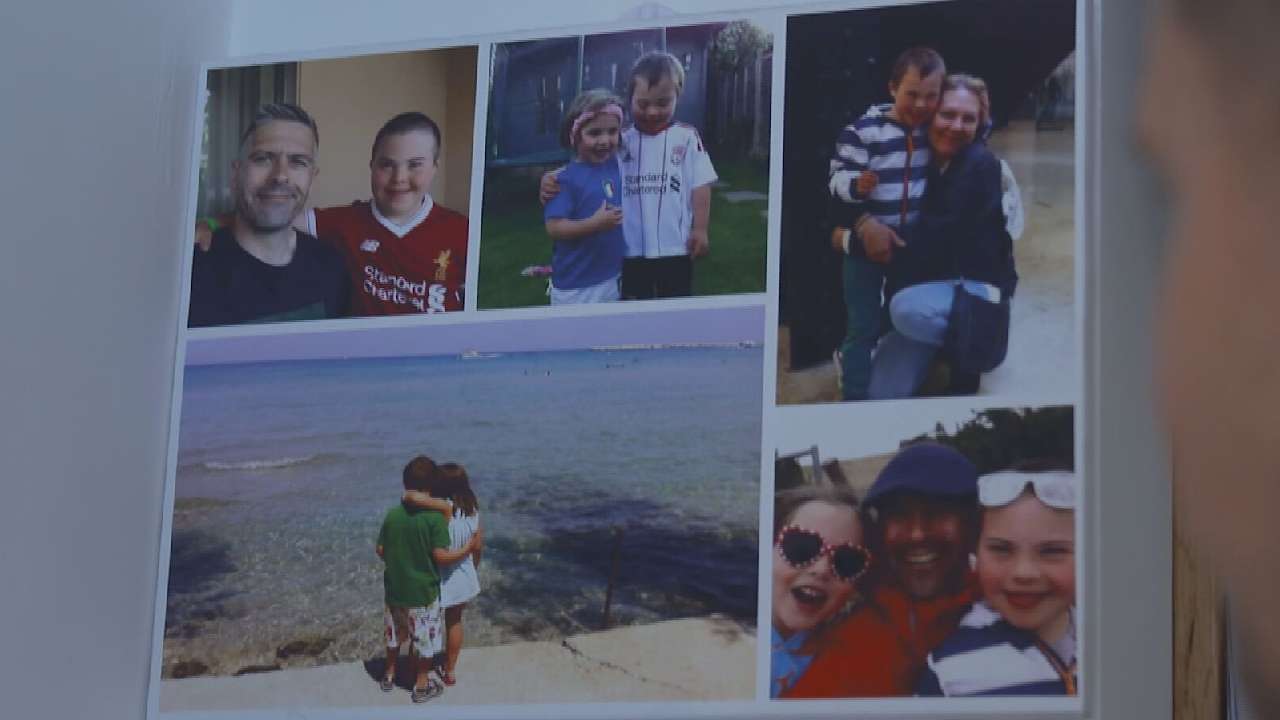
Over the course of ten days, Louis was seen by at least three doctors, at the hospital, at his local GP surgery and at home. Despite requests from his parents, doctors did not believe he was unwell enough to be sedated so that a blood test could take place.
His illness went undiagnosed and untreated.
Less than two weeks after the first signs of illness, in the early hours of February 3 2023, Jackie found Louis on the floor, looking vacant and incoherent.
“He was saying mumbled sentences, which we couldn’t work out. I went over to him… I picked him up, and he fell into my arms, and he died,” says Jackie.
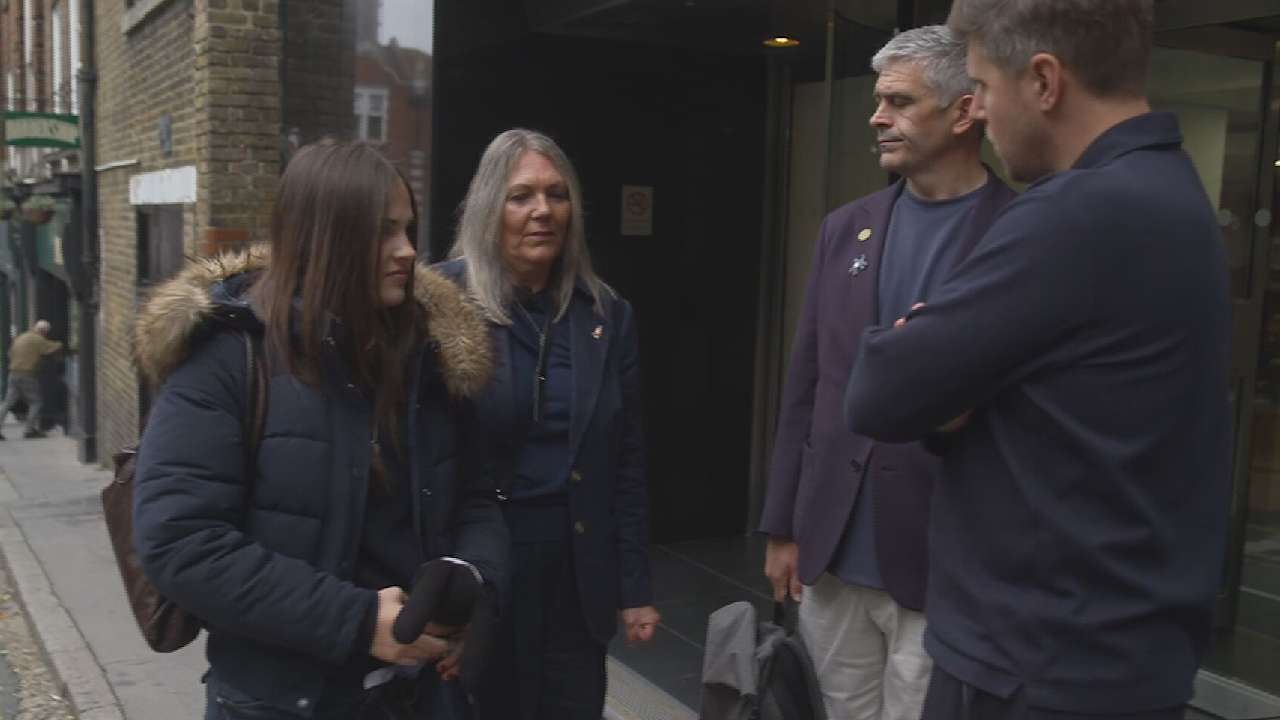
Almost three years on, Louis’s inquest is being held at South London Coroner’s Court, and his family are hoping to finally find some answers.
“I’m feeling really scared. Genuinely quite nervous,” Jackie tells us, over orange juice and cereal at home with Eve, Louis’ sister, and Ian, Louis’ dad.
Tell us your story
Have you been impacted by these issues?
“It was from the start that things went wrong for him. He didn’t even access basic healthcare.”
“He was just white… As I was in the hospital, looking at him, I had all the overwhelming fear of what this could be, because actually, Louis was never ill.
“He’d never even had Covid. He very rarely gets a cold, he never had a tummy bug. He was a super healthy kid.”
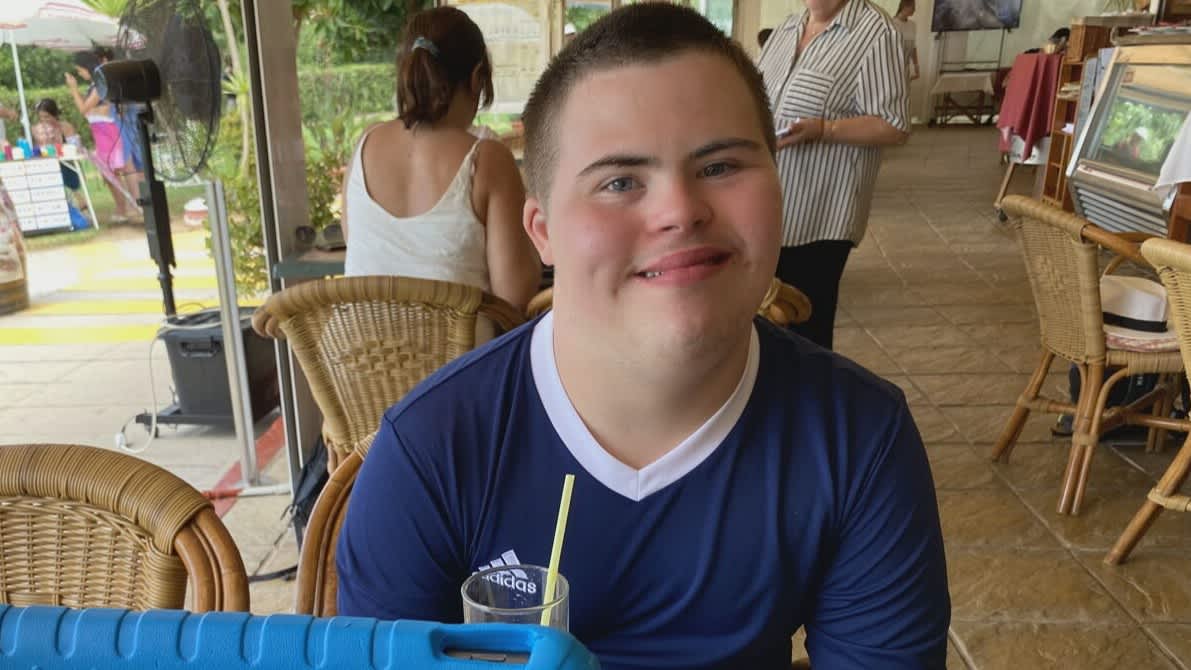
The family has waited years for the chance to finally find out what happened – how and why did their 17-year-old son, who had a learning disability and was autistic, but was healthy, die?
“This is the problem when you’re a mum of a child with a disability,” Jackie says.
“Everything is 20 million times harder than for anybody else. You’re hitting brick walls constantly. You’re fighting all the time to get anything.
“It’s a constant, battle, battle, battle, battle. You’re just resigned to the fact, here we go again,
“Another difficulty. Another excuse.”
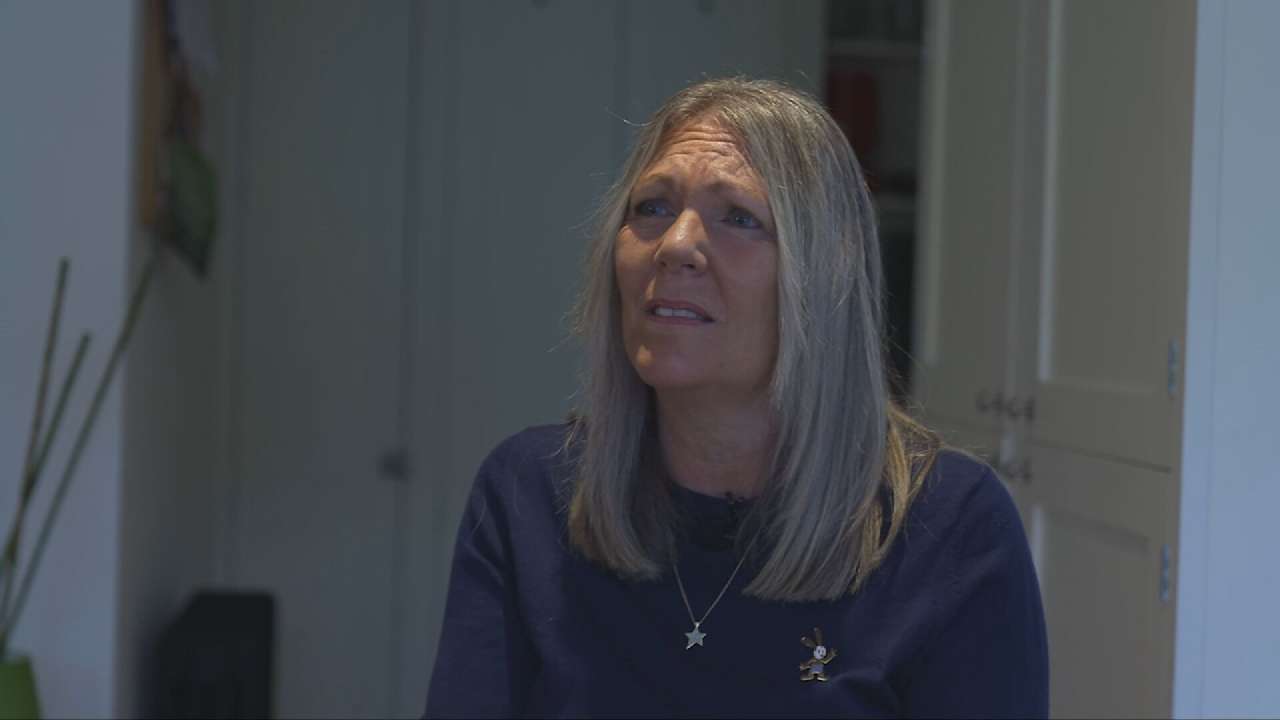
After seven hours of evidence and testimony, the coroner is unable to determine Louis’s medical cause of death, and it is recorded as “unascertained”. The coroner did not find that any neglect by healthcare professionals contributed to Louis’ death.
Outside the court, Jackie and Ian are in shock. Despite the coroner’s findings, they have always believed that more could have been done to save Louis’s life.
“They’re saying they’ve done everything they could have done for Louis. We don’t believe that’s true,” Ian tells us.
“He had a disability, he had Down’s Syndrome, he was a frightened kid,” he says.
“They could have done something, and they refused to.”
Jackie looks shellshocked.

“None of it makes any sense,” she says.
“I’m not going to be able to process this, ever. I’m just completely devastated and shocked.”
There is no doubt in Jackie and Ian’s minds that Louis died simply because he had Down’s Syndrome.
“If he had been a 17-year-old boy who articulated he did not feel well, he would not have been sent home from the hospital.
“Louis was allowed to die due to his disability.”
Health Secretary Wes Streeting told ITV News, “It really is shocking the unequal outcomes we see for learning disabled people.
“Not just unequal access to care but shockingly lower life expectancy,” the health secretary said.
“That’s why we have committed to publish every single year the data about those patients and their care, so we hold ourselves to account and the public can hold us to account to improve their care.”
An NHS England spokesperson said: “The rollout of Oliver McGowan Mandatory Training on Learning Disability and Autism is one of the largest health and social care training programmes in history with more than three million staff starting the course.
“We’ve been working with local health systems across the NHS to develop a sustainable model so that more staff have this essential training including investing in better data collection so we can identify areas that haven’t met this target and to provide more support.”
Tell us your story
Have you been impacted by these issues?
Follow STV News on WhatsApp
Scan the QR code on your mobile device for all the latest news from around the country



























